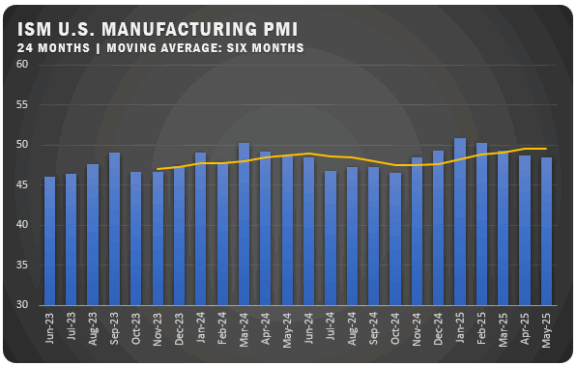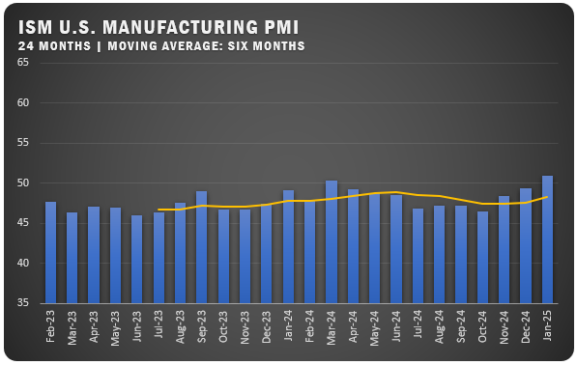Trump Questions $900B US Stimulus Package
When the US Congress passed an emergency stimulus package of $900 billion for COVID-19 related relief to US citizens and businesses on Monday, it was widely accepted that US President Donald Trump would sign the bill into law. However, last night Trump put that into question with comments in a video posted to Twitter saying, “The bill they are now planning to send back to my desk is much different than anticipated. I’m also asking Congress to immediately get rid of the wasteful and unnecessary items from this legislation, and to send me a suitable bill.”
Although the President’s comments make the prospects for the bill unclear, here are some of the highlights from the ABMA’s summary of the legislation:
- The bill provides funding for unemployment benefits, small businesses, direct economic payments to individuals, vaccine distribution and rental assistance.
- The bill allows unemployed Americans to receive $300 per week in federal funding in addition to the existing unemployment aid they may be collecting from their state if those state-level benefits have not already run out. The additional unemployment benefits and extensions included within this bill would provide aid for 11 weeks from their expiration at the end of December 2020 through at least March 14, 2021.
- The bill includes an 11-week extension of Pandemic Unemployment Assistance (PUA) that allows workers who are not traditionally eligible to receive unemployment benefits, including self-employed and gig workers, to receive unemployment.
- The bill includes approximately $325 billion in funding to the Small Business Administration (SBA) to assist U.S. businesses with the bill allocating $284 billion in funding to replenish the Paycheck Protection Program (PPP), which provides forgivable small business loans to eligible applicants. Businesses that have exhausted PPP funds in the first round will be eligible to apply for another PPP loan. The business must have less than 300 employees and have sustained at least a 30% loss in revenue during any quarter of 2020. Additionally, small 501(c)(6) organizations with 150 or fewer employees to be eligible for the new round.
- Expansion of expenses eligible for loan forgiveness to include supplier costs and investment costs related to modifying facilities and obtaining personal protective equipment for safety.
- Simplified loan forgiveness process for businesses that have borrowed $150,000 or less in PPP loans.
- Confirmation that business expenses paid for with PPP loan funds are tax-deductible.
- The bill includes another round of economic impact payments—commonly referred to as stimulus checks. The amount is reduced for this second stimulus from a base $1,200 individual payment to $600 per individual or $1,200 per married couple. Parents will also be eligible to receive $600 for each qualifying child.
- The bipartisan bill provides funding for a variety of other issues, including the U.S. Postal Service—$10 billion, the Health Care Provider Relief Fund—$35 billion, COVID-19 Testing and Tracing and Vaccine Distribution funding—$69 billion, Transportation Industry Relief (Airlines, Airports, Buses, Transit and Amtrak)—$45 billion, Education—$82 billion and Housing Assistance (Rental)—$25 billion.
- The bill extends the federal moratorium on evictions through the end of January 2021.
Read the full summary on the ABMA website at:
www.abma.org/news/abma122220


